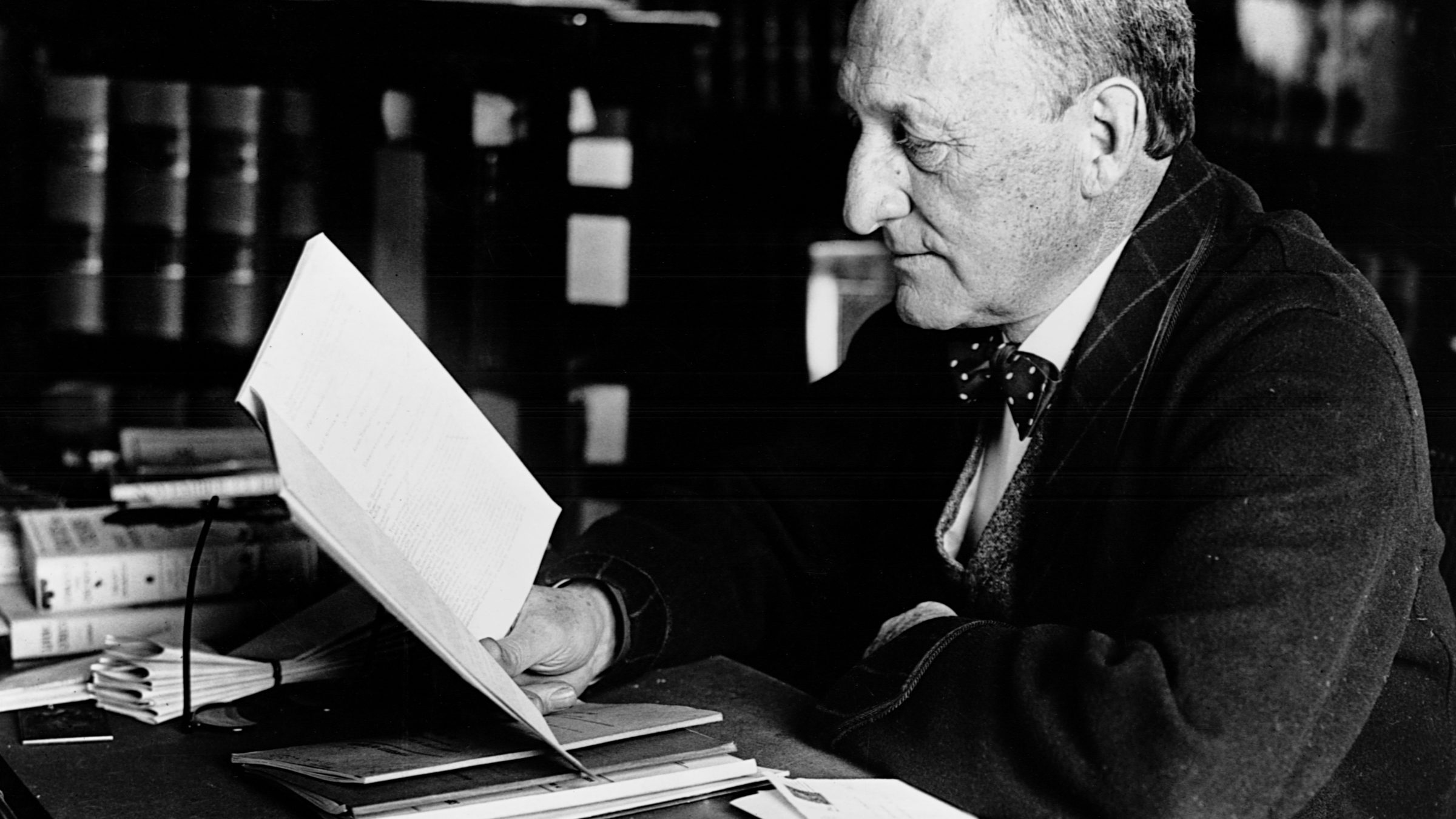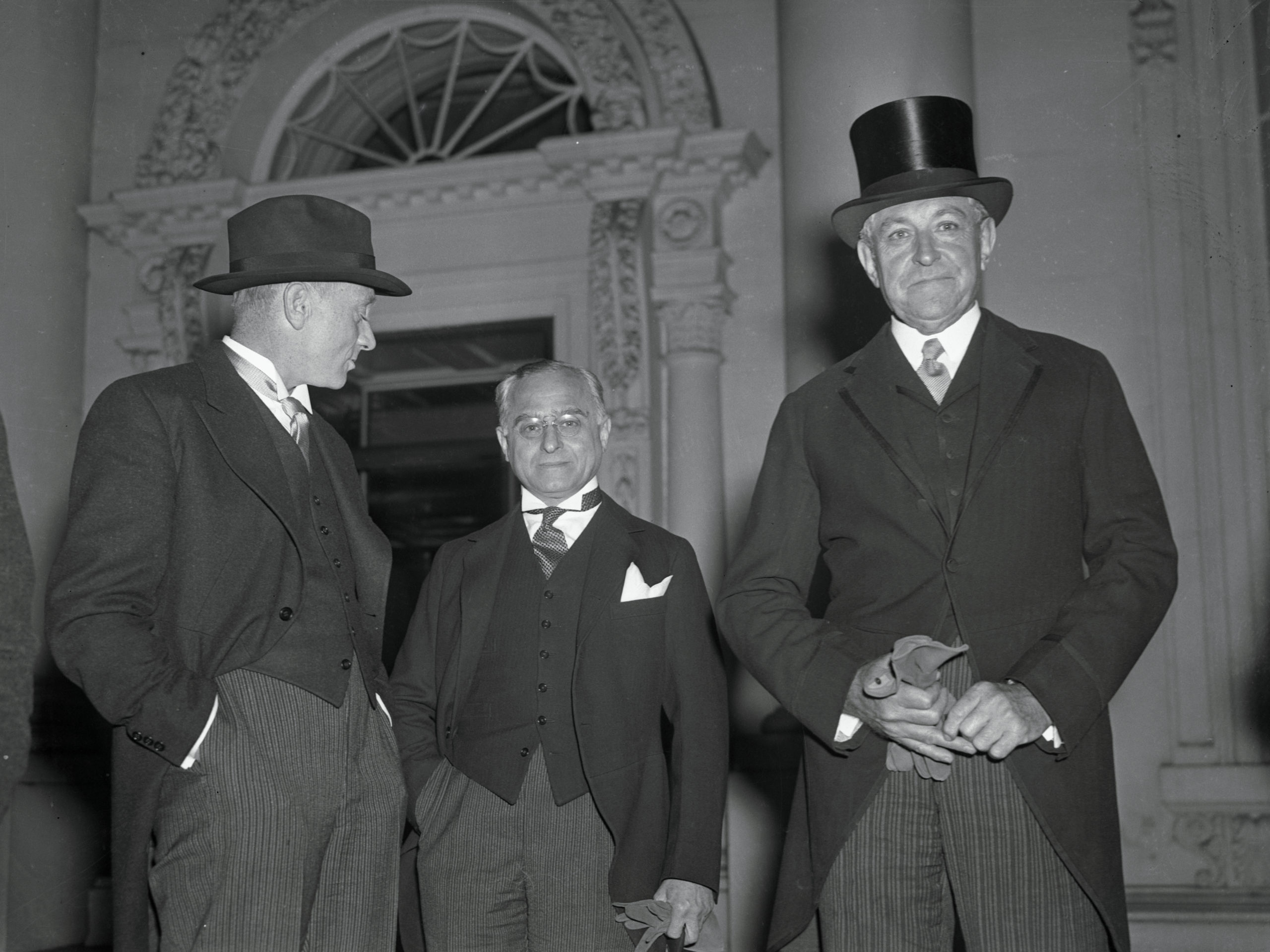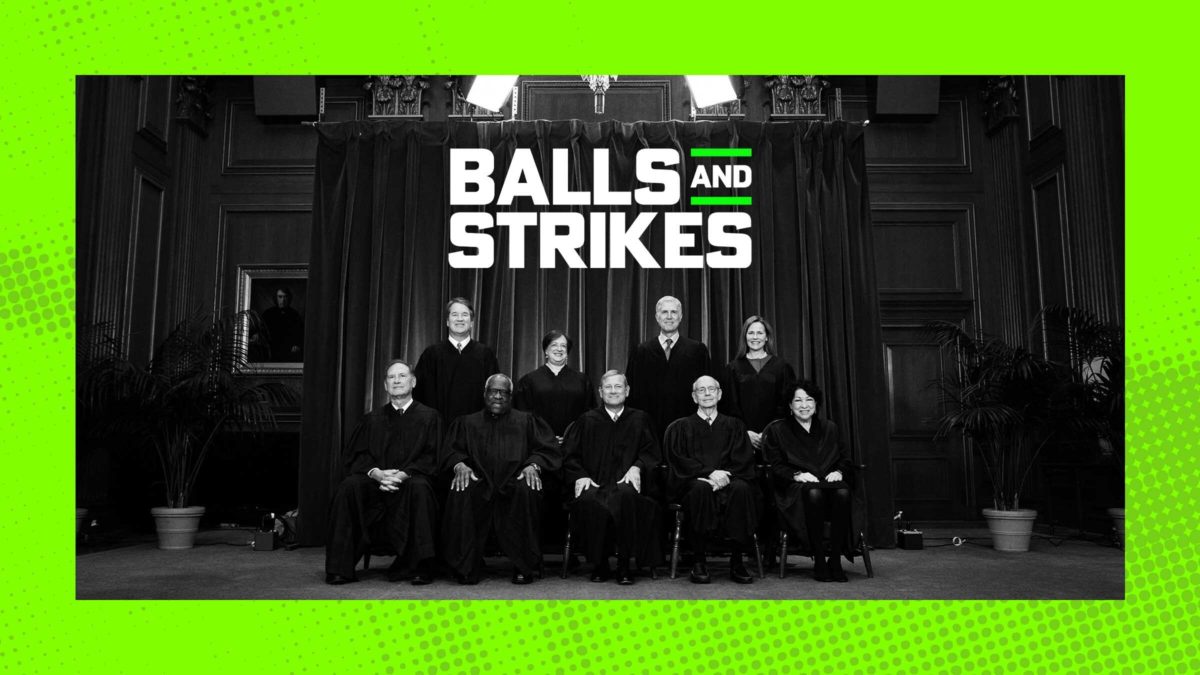If I have one complaint about the U.S. Supreme Court, other than its status as a reactionary juggernaut controlled by a half-dozen FedSoc freaks gleefully exercising a de facto veto power over civil rights and/or democracy itself, it’s the fact that we don’t get nearly enough gossip about the petty bullshit that goes on behind the red velvet curtain. These days, Donald Trump can’t even get his mansion raided by the FBI without graphic evidence of his habit of clogging toilets with ripped-up documents plastered across the Internet. Meanwhile, the next leaked inter-office memo in which, say, Sam Alito complains about Stephen Breyer taking up two parking spaces in the courthouse garage will be the first.
You can chalk up the Court’s relative inscrutability to several factors. The presumably juiciest interactions happen in closed-door meetings that are attended only by the justices. There just aren’t that many people who work at the Court, and a good chunk of those who do have powerful incentives to keep their heads down and their DMs closed. As a result, when anyone who knows things (including the justices!) talks to reporters, they invariably do so on background, mindful of their obligation to uphold Court’s unearned reputation as above Washington’s grimier rituals. By the time the public learns, for example, that Neil Gorsuch is a sanctimonious blowhard who annoys everyone he works with, that information has been laundered through several reporters, phrased in appropriately vague language, and published in books that only the most diligent legal perverts will ever deign to crack.
It is for this reason that I delight this week in the publication of the papers of Gertrude Jenkins, who served as a secretary to Chief Justice Harlan Fiske Stone and to Justices James Clark McReynolds and Felix Frankfurter during the 1930s and 1940s. Jenkins’s letters, unearthed recently by Roanoke College professor Todd Peppers, ably demonstrate that the Court is not exempt from the universal rule that every workplace has been cursed with its fair share of repugnant weirdos who should never be allowed in public.
Jenkins’s letters are not especially kind to James Clark McReynolds, which makes sense given that McReynolds is, pound for pound, maybe the biggest piece of shit to ever sit on the Court. (A virulent racist and anti-Semite, McReynolds did not speak to Louis Brandeis, the first Jewish justice, for Brandeis’s first three years on the bench.) In one letter, Jenkins recounted watching McReynolds, to whom she sometimes referred to as “Old Buzzard” or “His Nibs,” theatrically close his eyes and lean back in his chair, straining to convey his boredom with his colleagues to them. “One of these days the springs on that chair are going to break,” she wrote, “and it will be just my luck not to be there to witness the spectacle.”

Look, it’s Old Buzzard himself! (Photo by © CORBIS/Corbis via Getty Images)
Jenkins was even more contemptuous, however, of Frankfurter, who today is best known for irritating his fellow justices with his long-winded speeches and trademark brand of pretentious-even-for-the-Supreme-Court pretentiousness. (“If only you had gone to the Harvard Law School, you would have been unstoppable,” he once told Robert Jackson, who was literally one of his colleagues on the Supreme Court.) “I hated his guts,” Jenkins said of Frankfurter. “The only thing I would have to say about [Frankfurter] is that I loathed him. He was not only small in stature but small-minded.”
The most incredible detail relates to the Frankfurter’s lunch of choice: specifically, the fact that his lunch of choice was often Jenkins’s. Per Tony Mauro at the National Law Journal, Jenkins expressed annoyance that Frankfurter did not eat lunch with the other justices, but instead “stayed in his chambers and sometimes asked Jenkins for a portion of the ‘delicious scrambled eggs and bacon’ that she had prepared for her own lunch.”
What a delight. Imagine sitting at your desk every day as the clock tick-tocks closer to noon, bracing yourself for the moment when your shortest, crankiest boss is going to poke his head out of the office, look meaningfully at your lunchbox, and nod at you to fix him a plate. In light of the fact that Frankfurter was the office mooch who couldn’t be bothered to prepare his own meals, Jenkins’s characterization of Depression era-Michael Scott here as “a real S.O.B.” is, I would argue, actually kind of generous.
This is the kind of gossip I crave about today’s Court. I want to know which justice is the most egregious reply-all abuser, and which one distributes the most unsolicited “Sent from my iPad” emails at 2 A.M. (My guesses are Stephen Breyer and Clarence Thomas, respectively.) I want to know about Brett Kavanaugh hitting Amy Coney Barrett with a baleful “Are you gonna eat that?” every time he spots an extra dinner roll on her plate. I want to know about Elena Kagan and John Roberts’s agonizing 47-email thread arguing about whether this year’s office fantasy football draft will be in auction or snake format. If, hypothetically speaking, Neil Gorsuch never participates in the annual Secret Santa for career staff because he “doesn’t know them that well” and “can’t these people just buy themselves gifts with the salaries we pay them,” I can only hope that a modern Gertrude Jenkins has the courage to DM me about it.
As always, you can find us at ballsandstrikes.org, or follow us on Twitter @ballsstrikes, or get in touch via[email protected]. Thanks for reading.
This Week In Balls & Strikes
The Kansas Abortion Vote Is Why Republicans Need the Supreme Court, Rhiannon Hamam
In the wake of Dobbs, anti-choice lawmakers in Kansas learned the hard way that their policy agenda is far less popular than they imagine.
The Case For Rocketing the Bar Exam Into the Sun, Aaron Regunberg
The legal profession’s entrance exam has little to do with the day-to-day work of being a lawyer, and a lot to do with making bar officials and test prep executives very wealthy.
Elena Kagan’s Disavowal of Textualism Came Way Too Late, Yvette Borja
Many liberals—Supreme Court justices and otherwise—have lost sight of what textualism was created to do: reach conservative policy outcomes.
This Week In Other Stuff We Appreciated
How Republicans Rigged Texas’s Federal Courts Against Biden, Ian Millhiser, Vox
By exploiting procedural quirks in Texas’s federal courts, Republican activists have allowed Trump-appointed judges to put the brakes on key aspects of Biden’s agenda.
Maps in Four States Were Ruled Illegal Gerrymanders. They’re Being Used Anyway, Michael Wines, The New York Times
A Republican-controlled Supreme Court has quietly stacked the deck for Republican candidates in this fall’s midterm elections.
My Family Was Torn Apart Before the Indian Child Welfare Act Passed. Will SCOTUS Upend It?, Terria Smith, Palm Springs Desert Sun
Four decades ago, Congress passed a law to stop the widespread removal of Native children from their homes. In Brackeen v. Haaland, the justices could get rid of it.
The Americans Already Suffering Most From the Fall of Roe, Guangqing Chi and Jessica Miller, Slate
Early data confirms what experts long warned of: Reducing access to safe, legal abortion disproportionately harms lower-income people and women of color.
This Week In Obscure Photos of Supreme Court Justices On Getty Images


